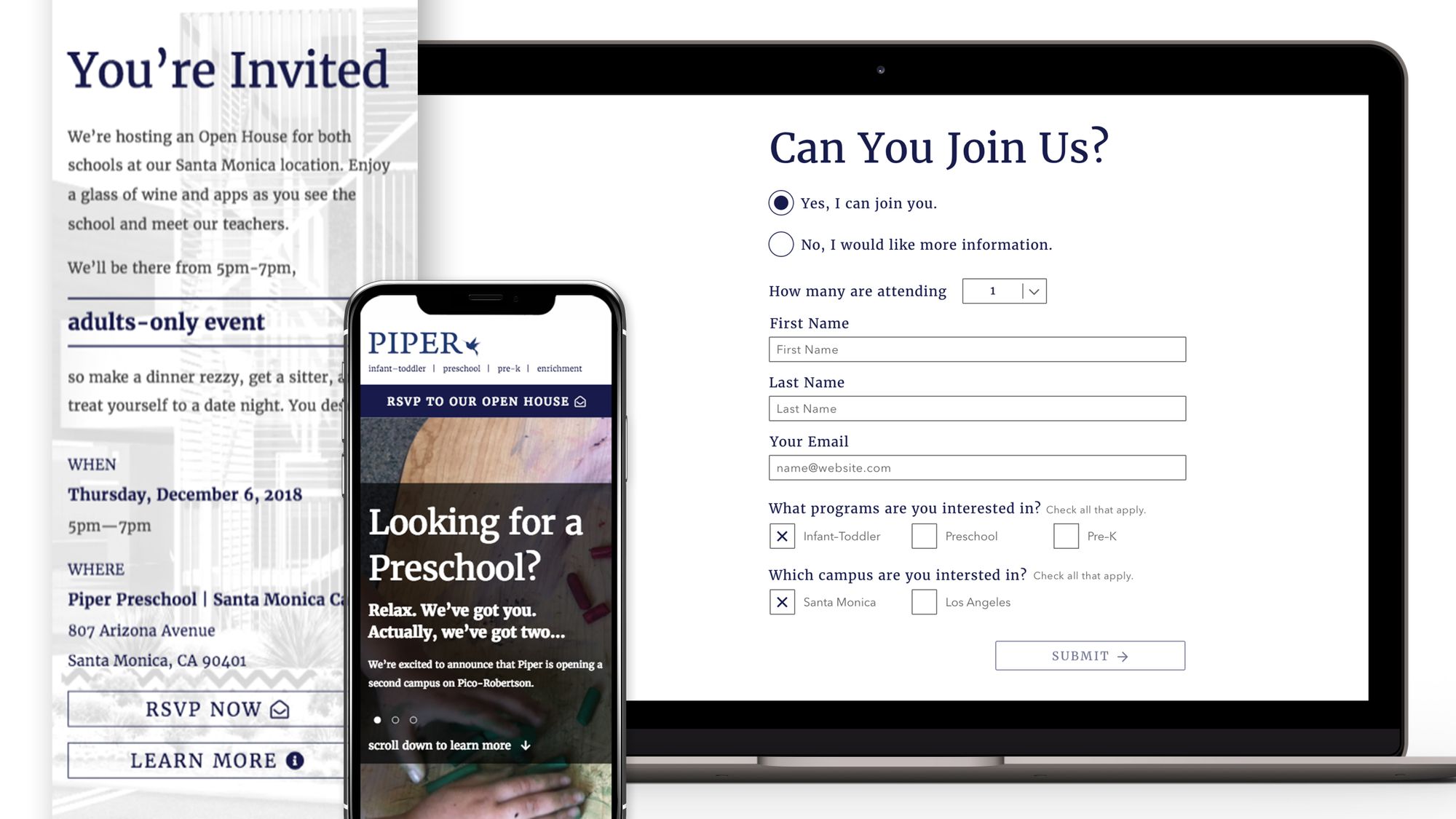We live in a period of digital influence in which conferences, workshops, and fests take place thanks to the impact of the online world. If your task is organizing worthy events, then you need a firm marketing strategy to stand out from the crowd.
Live events are thought to be the most effective marketing channel for achieving business goals. Launching event marketing offers one the opportunity to connect directly to the target audience and communicate with them.
Leading a successful event includes some fundamentals that we'll walk you through today.
1. Determine the Goals of the Event
The first step in event marketing is to establish the objectives of an event. Answer some questions before the event:
What do you want to achieve by getting the event off the ground?
Why do you invite attendees to your event?
What the attendees will benefit from your event?
When working out the result that you want to obtain, concentrate on the number of sales and leads that are made before, during, and after the event rather than on how many visitors will return the next year's conference. A skill to establish a goal is a fundamental ability when determining the future of the event.

In addition to your objectives, the KPIs should match your needs. Consider the KPIs in terms of your goals. For example:
- G: Increase Brand Awareness – KPI: Social Media Shares/Mentions
- G: Increase Sales – KPI: Total new customers acquired
- G: Drive Event Revenue – KPI: Registrations
- G: Drive Event Profit – KPI: Cost to revenue ratio
2. Assemble a Set of Technologies
After you determine the meaning of the event, it's time to assemble the instruments that assist in attaining the goals. It makes sense to invest in an advanced CRM-system, an event software, and a landing page development.

Consider the services that help to automate the work, for example, like the Short.io and Eventbrite integration. The more tasks you delegate to the tools, the qualifier the work performance will. Remember to use the tech tools, like URL shorteners. When launching an SMS or email marketing campaign before or after the event, short links help not only to automate the work process but to improve user experience.
3. Determine the Target Audience
The task that matters. Who is your target audience? Whom do you dedicate your event to? It's a priority task to determine.
After the goals are determined, and you're aware of what you can expect to provide the attendees with, identify a profile that would define the people who'll benefit from attending your event.
Always remember that an event will be effective if you offer what your attendees need. Be in the shadow when promoting the event; your audience members are the ones for whom the event is launched; the event is there not for a brand or for making revenue, but to help your audience members get their questions answered.
4. Brand Your Event
Make sure to brand every touchpoint, from the website to emails of the event. Despite the fact that you create the event for the audience, your brand must be featured front and center.

One more branded touchpoint is the URL. When the event links are associated with the brand, it provides a consistent user experience. Companies use Short.io to shorten and track short URLs to measure the number of registrations. A branded link, as opposed to a generic URL, helps in maintaining brand unity.
5. Track Each Metric
Build a conversion funnel starting from the final point: from the number of attendees to the number of registrations, clicks, and reach metrics.
Take risks, especially if you have prior experience in working in event marketing. Constant monitoring of indicators during the campaign will allow you to react and make changes immediately.
Wrapping Up
To cut a long story short, follow the check-list when launching an event:
- Goals are the basement of an event.
- Choose the instruments that help you reach the goals.
- Target the audience that needs your event.
- Stick to one branded image so that the audience remembers the event.
- Measure the results of the event regularly. Fix the mistakes quickly, apply additional tools, and improve anything that affects conversion.
What did you learn?
- event promotion;
- event marketing plan;
- event marketing agency;
- url link shortener;
Read also:



Join the conversation